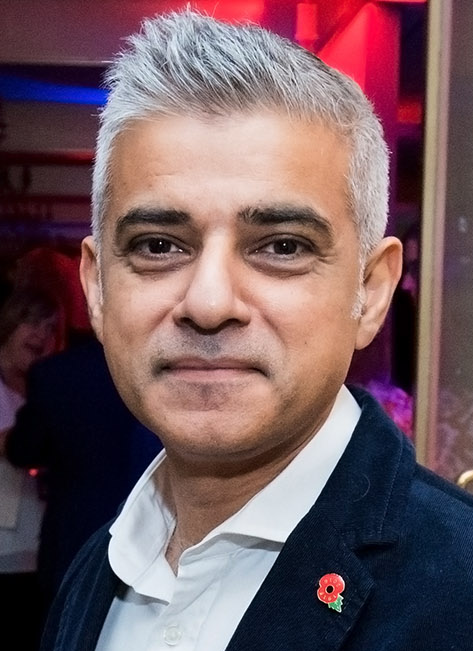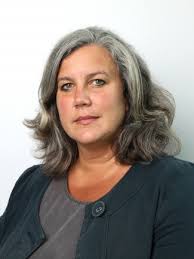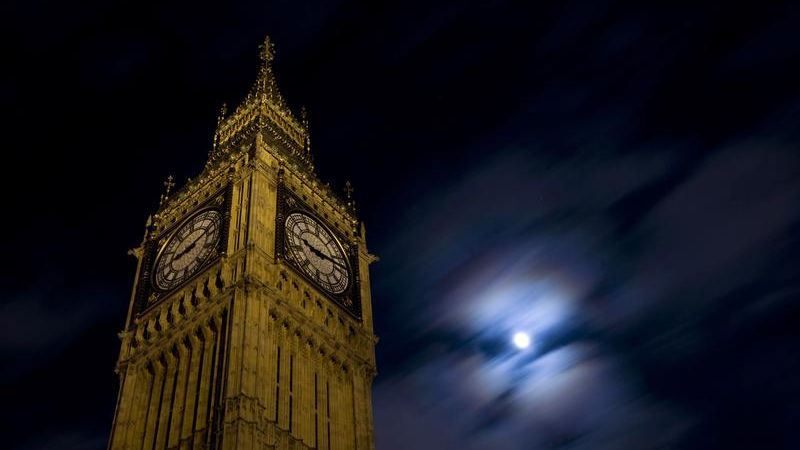In businesses and governments around the world, leaders are embracing the comforting cliché that all the economic and social disruptions caused by the COVID-19 pandemic are awful, yes — but they can also be viewed as “opportunities” in disguise.
London Mayor Saliq Khan is one of those leaders who sees plenty of silver linings in the COVID cloud. During a recent Thomson Reuters Newsmaker interview with Reuters Editor-at-Large and fellow Londoner Axel Threlfall, Khan says “this pandemic is the biggest crisis our city has faced since World War II, but there are opportunities, and one of the opportunities is how we return to a new normal, not to business as usual.”
The UK’s new normal
The “new normal” for London that Khan foresees is a city re-imagined to meet the changing lifestyle, business, and health needs of the 21st-century, post-pandemic and post-Brexit.
In the old normal, for instance, most people were on the same 9-to-5 work schedule, creating massive crushes of humanity on London’s Tube and buses. Does it make sense to recreate the chaotic rush hours of yore? Khan’s answer is no, so he and his administration are working to create a city that offers a variety of transportation options — e.g., walking, cycling, e-scooters, buses, taxis, car-shares, etc. — that can accommodate flexible work schedules, lower carbon emissions, and transform London into a model of civic sustainability.
Khan also created and heads the London Recovery board, which has nine “missions” that include everything from affordable housing and universal digital access to better jobs, a more robust social safety net, physical and mental health services, zero carbon emissions by 2030, and zero waste by 2050. Additionally, Khan is part of a consortium of 94 city mayors around the world who have expressed support for a Global Green Deal, an ambitious effort to embolden civic leaders everywhere to take meaningful action on climate change through smart civic planning.
Mudslinging & lies
It should go without saying that Prime Minister Boris Johnson, the former mayor of London, is not a fan. Nor is PM Johnson inclined to give Khan the money he needs to execute many of his plans.
Unproductive “mudslinging” is how Khan describes Johnson’s various character assassinations of him over the years, and there is certainly no love lost between the two men. Each has called the other a “liar” in public, most recently in a dust-up over which of them is responsible for crippling the government agency that oversees London’s transportation infrastructure, Transportation for London (TfL), who should fix it, and how.

Johnson’s position is that Khan broke the TfL, so he should fix it — without relying on a government bailout.
Khan counters that Johnson left him an agency that was already $1 billion in debt and, after years of streamlining, was on a successful path to recovery — until the pandemic hit, reducing London’s Tube ridership by 90% and negating a projected $8 million per day in fare revenue.
“London is one of the only cities in the world that doesn’t receive government funding to support its transportation network,” Khan argues. Why? Because PM Johnson made a “mistake” by eliminating the TfL’s operating grant in 2015, leaving the agency to collect 72% of its revenue from fares — the largest reliance on fares by a public transportation entity in any major city in the world.
Finding a way
Thus far, Johnson has only agreed to give Khan a fraction of what he needs to close the COVID-caused revenue gap. As a result, London — like so many major cities where transportation funding mechanisms have been shattered by the pandemic — must now find a way to keep its transportation infrastructure up and running, one way or another.
Joining Khan for the Thomson Reuters interview was his deputy mayor of transportation, Heidi Alexander, a veteran of the transportation funding wars who shares Khan’s goals and optimism.
“While funding negotiations have been very difficult with the government, we have been able to get some money to ensure that we’re maximizing the opportunity that exists now to embed sustainable travel in the city,” Alexander says. Extended bike routes, low-traffic areas, ultra-low emission zones, charging infrastructure, electric buses, car clubs — all are part of the larger plan to make London a greener, more livable city, she says.
Alexander says she is also concerned about how London’s transportation infrastructure will serve the future citizens of London, whose lifestyles and habits are changing, yes, but who nevertheless need reliable public transit. “Even though some people may be working from home more often than they did in the past, in a city like London, the mass public transport system is always going to be the skeleton that underpins the way the city operates,” she explains.

In Alexander’s eyes, the stakes couldn’t be higher for London and the U.K., especially considering that the post-Brexit era begins on January 1. “We can’t afford not to get this right,” she says. “Because the success of London depends upon the transport system, and the success of the U.K. depends upon the success of London.”
Rebuilding the London Promise
At the moment, the United Kingdom is in the middle of a four-week nationwide lockdown that’s scheduled to end December 2, but authorities say it could last longer if the coronavirus is not contained by then. In the meantime, Khan and Alexander are doing everything they can to find money in a fare-less world, including persuading 10 Downing Street to reinstitute the operating support that PM Johnson eliminated.
But transportation is only one of many priorities that Khan and his administration are juggling. “This pandemic has exposed structural inequities in our society that need to be addressed,” Khan says. “I want to improve the air quality in our city, green up the infrastructure, build affordable homes, and make sure our ecosystems in culture, tech, finance, education, and science continue to make sure all Londoners have what I did, which was the London Promise.
“The London Promise is simple,” he adds. “If you work hard and have a helping hand, you can achieve anything.”







